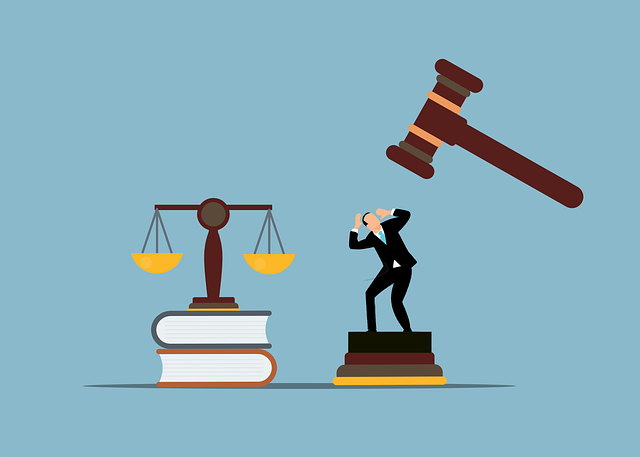In Oregon, a robust legal support system is dedicated to assisting families in child welfare cases. Offering specialized legal aid, the state ensures parents, guardians, and custodians receive guidance from experienced attorneys in matters of guardianship, custody, and parental rights termination. This comprehensive approach aims to uphold fairness, protect vulnerable children, and achieve positive outcomes within Oregon's child welfare system through various legal resources and support services.
“Oregon offers a comprehensive legal support system for child welfare cases, ensuring fairness and protection for all involved. This article guides you through the intricate web of child welfare legal aid in Oregon, breaking down qualifications and access to legal resources. From understanding the navigating legal support system to identifying legal assistance options, parents, guardians, and children can find the help they need. Discover how to access Oregon legal services tailored for child welfare, empowering you to confidently navigate these important legal processes.”
- Understanding Oregon's Child Welfare Legal Support System
- Who Qualifies for Legal Aid in Oregon Child Welfare Cases?
- Navigating the Process: Accessing Legal Resources and Services
Understanding Oregon's Child Welfare Legal Support System

Understanding Oregon’s Child Welfare Legal Support System
Oregon offers a robust network of legal support services tailored to ensure the best outcomes for children and families involved in child welfare cases. The state provides dedicated legal aid programs focused on assisting parents, guardians, and custodians navigating the complex legal landscape surrounding child protection. These legal resources are designed to empower individuals to protect their rights, understand their options, and actively participate in court proceedings related to child welfare.
Through Oregon legal assistance programs, eligible families gain access to skilled attorneys who specialize in family law and child welfare. These professionals offer guidance on various matters, including but not limited to guardianship, custody arrangements, and termination of parental rights cases. By providing legal support Oregon aims to ensure fairness, protect vulnerable children, and foster positive outcomes for all involved parties.
Who Qualifies for Legal Aid in Oregon Child Welfare Cases?

In Oregon, individuals involved in child welfare cases have access to legal support and aid to help them navigate complex legal procedures. Legal assistance is provided to those who meet specific criteria, ensuring that everyone has an opportunity to protect their rights and advocate for their children’s well-being. Eligibility for legal aid typically depends on income levels and the nature of the case, with a focus on ensuring fair representation for all parties involved.
Those who qualify for legal support in Oregon child welfare cases include parents or guardians who cannot afford private legal counsel but still require assistance to understand their rights and obligations. This also extends to foster care providers and adoption agencies that may need guidance in adhering to state regulations. Navigating the legal system can be challenging, so these services play a crucial role in fostering a just outcome for all children involved in the child welfare system.
Navigating the Process: Accessing Legal Resources and Services

Navigating the complex landscape of child welfare legal issues can be daunting for families in Oregon. However, accessing legal resources and services designed specifically to support child welfare cases is a crucial step. The state offers various programs aimed at providing legal aid to ensure that parents and guardians have a fighting chance when dealing with child protective services (CPS). These initiatives include free or low-cost legal assistance, helplines for initial consultations, and organizations dedicated to advocating for the rights of children and families.
Oregon’s legal support system for child welfare cases is designed to guide families through hearings, court proceedings, and negotiations, empowering them to make informed decisions. Parents can connect with qualified attorneys who specialize in family law and child welfare, ensuring they understand their rights and obligations. Moreover, community-based organizations collaborate with legal professionals to offer workshops, educational resources, and support groups, fostering a sense of empowerment among parents navigating these challenging situations.
